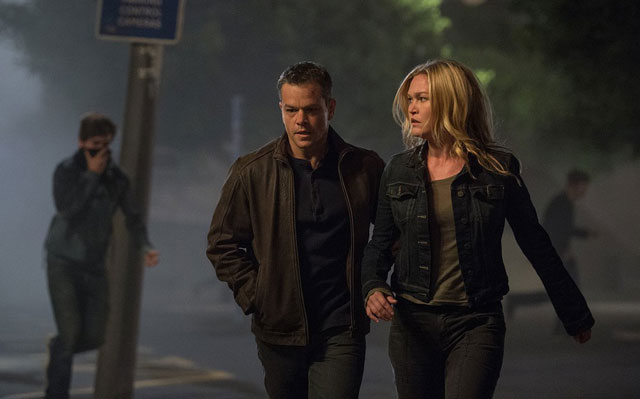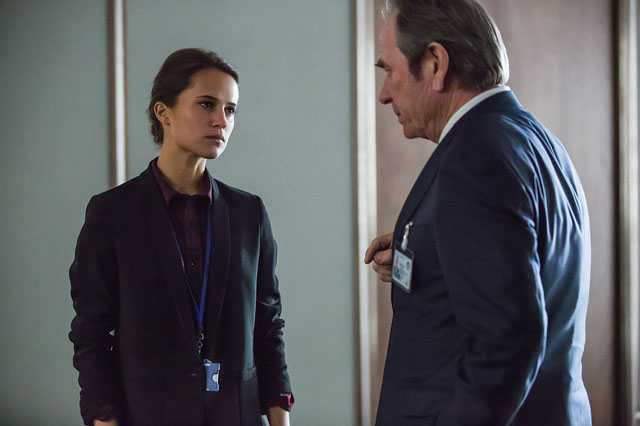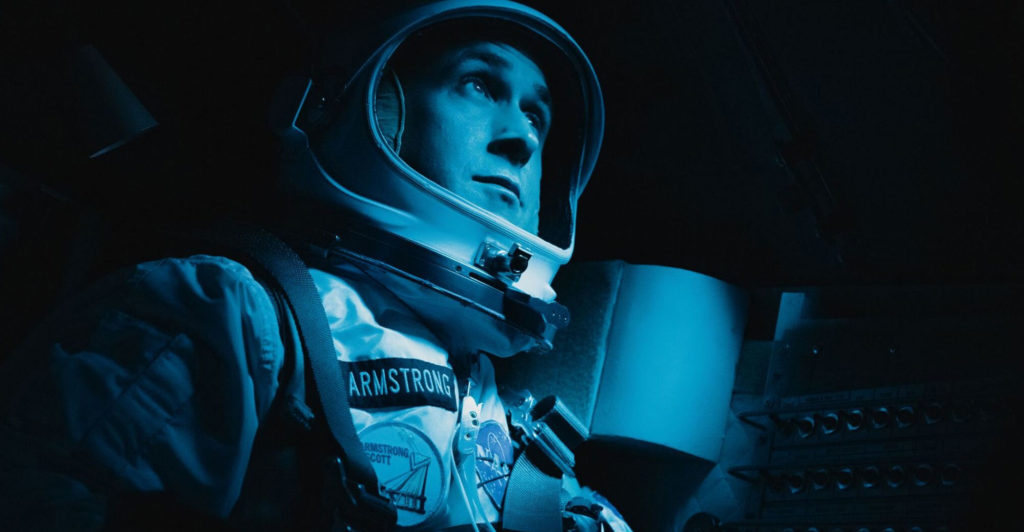
Even by the standards of Hollywood’s most laconic tough guys, Jason Bourne is terse. Returning to the role after an absence of nearly a decade, Matt Damon gets to say just 45 lines or less than 300 gruff words as the CIA assassin gone rogue. Here, Bourne is less a character than he is a vehicle to hurtle from one frenetic set piece to another.
Luckily, some of these action sequences are great; besides which, Jason Bourne has always been more of a pulveriser than a talker. Paul Greengrass — also returning to the franchise for the first time since 2007’s Bourne Ultimatum — is still the master using a nervy shaky cam to capture tense on-foot and car chases and brutal combat.
Jason Bourne finds its protagonist living off the grid in Greece and bareknuckle-boxing for cash, having recovered his memory and exposed Treadstone — a CIA programme to create remorseless, near-superhuman assassins for black operations. But former ally Nicky Parsons (Julia Stiles) brings him new information about his past and about a sinister CIA initiative called Iron Hand.
That’s enough to lure Bourne into a familiar game of cat and mouse with the agency, this time led by the taciturn Tommy Lee Jones as Director Dewey. “I need to talk,” Bourne tells him at one point. Hours of robust debate and witty repartee follow. Or not. Just like the recent Bond films, there’s a subtext questioning the value of old-fashioned spycraft and wet work in a high-tech world.

Dewey, his asset (that is, vicious killer, played by Vincent Cassel) and Bourne are men of the past — the last Jason Bourne film came out before the social media explosion, the financial crisis and Edward Snowden.
Representing the future are Alicia Vikander as Dewey’s tech-savvy protégé Heather Lee and Riz Ahmed as the CEO of a social media company that took CIA funding in exchange for giving the agency a backdoor to its data.
Greengrass does an able job of flipping between the agency’s pursuit of Bourne and a power struggle between Lee and Dewey for control over the CIA’s future. He is at his best when he has Jason Bourne pursuing his quarry or evading his hunters, with a tense chase through a riot on Syntagma Square in Athens as one of the highlights.
The script from Greengrass and Christopher Rouse (his editor of choice) keeps things moving along nicely, but the plot has some holes, the retrofitted backstory for Bourne feels contrived, and the dialogue is weak. Amid the techno-babble, they do get points for making Ahmed’s Silicon Valley blather about ecosystems and platforms as nearly vapid as the real thing.
One misses the light touch Tony Gilroy brought to his minimalist scripts for the original Bourne trilogy — Gilroy also did a decent job of directing the spin-off with Jeremy Renner, The Bourne Legacy. Still, as unnecessary as it is, Jason Bourne also manages to repeat many of the things the original trilogy got right.
The twitchy vérité photography from Barry Ackroyd and the pulse-pounding score from John Powell and David Buckley are pure Bourne; also, Damon brings a haunted intensity and a bitter edge to his older Jason Bourne.
Tommy Lee Jones has the presence and terse humour to make himself into a capable adversary for Bourne, though Cassel and Vikander (the it girl of the moment) struggle to make much of their characters.
In a year that has offered thin pickings for action fans, Jason Bourne is an enjoyable enough ride. It doesn’t live up to the legacy of its predecessors or bring anything new to them, but at least it is consistent with their tone and style. Still, unless Greengrass and Damon find a way to take Bourne to new places, it might be time to retire this agent. — (c) 2016 NewsCentral Media




